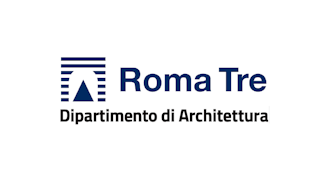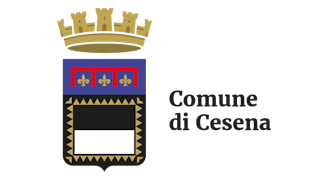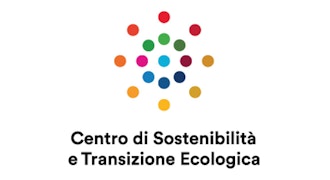Session
Go-PCEDs: Good Practices for Enabling Positive and Clean Energy Districts
Track 1 - Special Session
The aim of the session is taking further steps towards the climate transition of cities following a systemic approach on multiple Positive and Clean Energy Districts (PCEDs) ecosystems domains, by identifying and addressing the main neighbourhood scale challenges. In line with this ambition, the session will focus on specific topics and delving 3 main areas of PCED implementation, and contributing to share innovative planning policies and tools:
PCED is not a product, but an ambitious process, that involve multiple domains and implementation steps from urban planning to construction and use.
PCED builds on a well-structured dataset framework based on digitalization and availability of data, KPIs and platform enabling to understand local needs, priorities, technical solutions and costs effort in order to identify potential scenarios of intervention.
PCED needs a cross-sectorial and multi-stakeholders collaboration, effort and perspective. The aim is to attract and involved different audience target.
According to the 3 above mentioned areas, this session will explore implementation strategies, enabling factors, and data systematization to support the development of PCEDs. Emphasis will be placed on multi-actor cooperation, gamification, decision-support tools, and technical solutions that drive innovation in PCED design. Presentations will highlight advanced technologies and analytical methods for evaluating energy efficiency, environmental impact, and economic sustainability. Key topics include the digitalization of the built environment and modeling and simulation techniques, such as GIS and CityGML.
Presentations:
090 Sassenou Louise-Nour, Validating simulation tools for local energy transitions: A methodology to assess accuracy and support municipal planning
145 Baernreuther Andreas, How digital tools can engage stakeholders: Munich's digital twin and an interactive 3D print model
147 Panella Giordana, Co-producing Spatial Data and Representing Social Practices for Energy Planning
181 D'Autilia Roberto, Energy demand and urban morphology: a model to include thermodynamic behavior of built-up contexts
234 Guarino Francesco, Positive effects of a PED: the Italian case in the city of Rome
239 Haindlmaier Gudrun, Empowering Local Stakeholders: Effective Stakeholder Mapping Approaches for Positive and Clean Energy Districts
Partner









